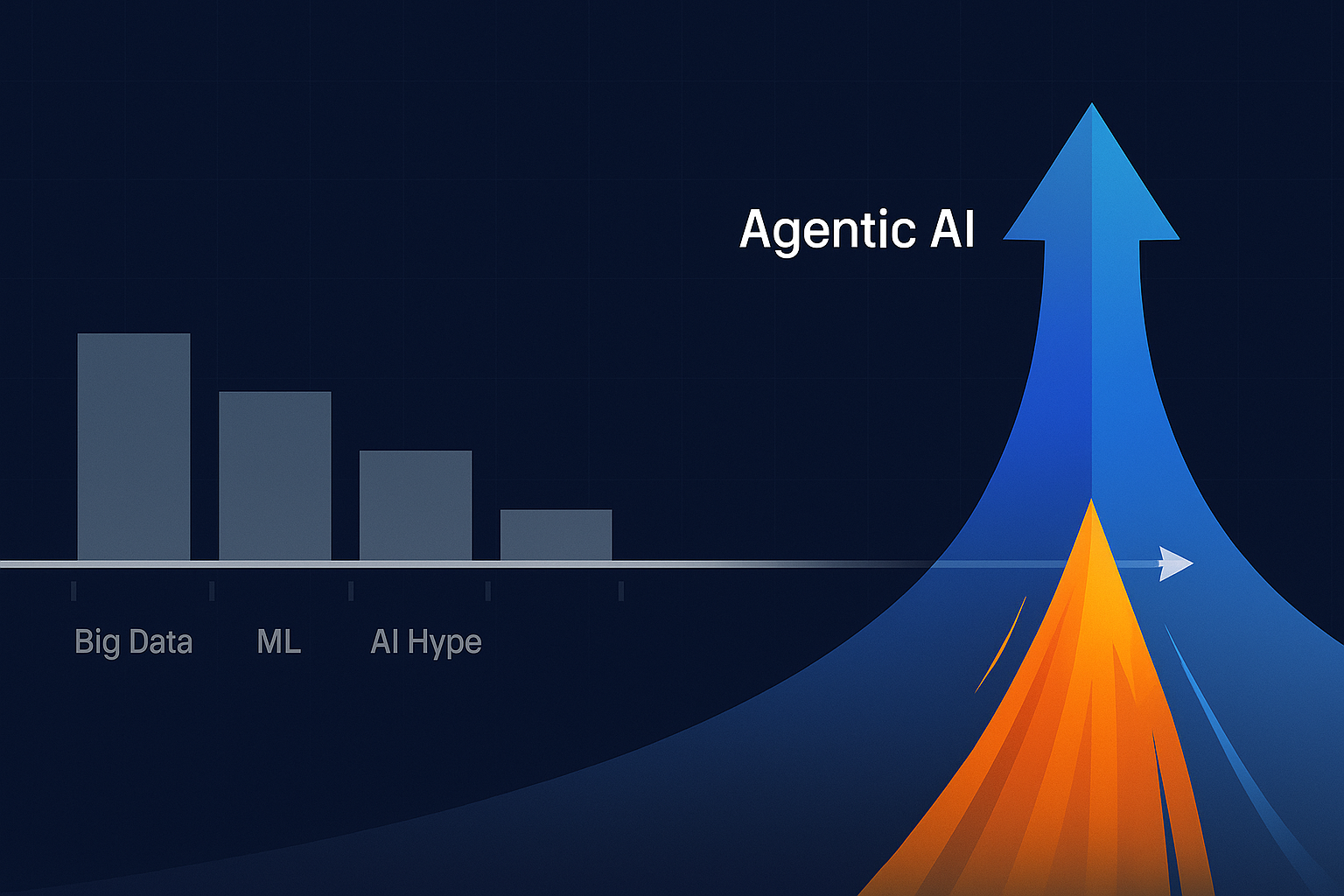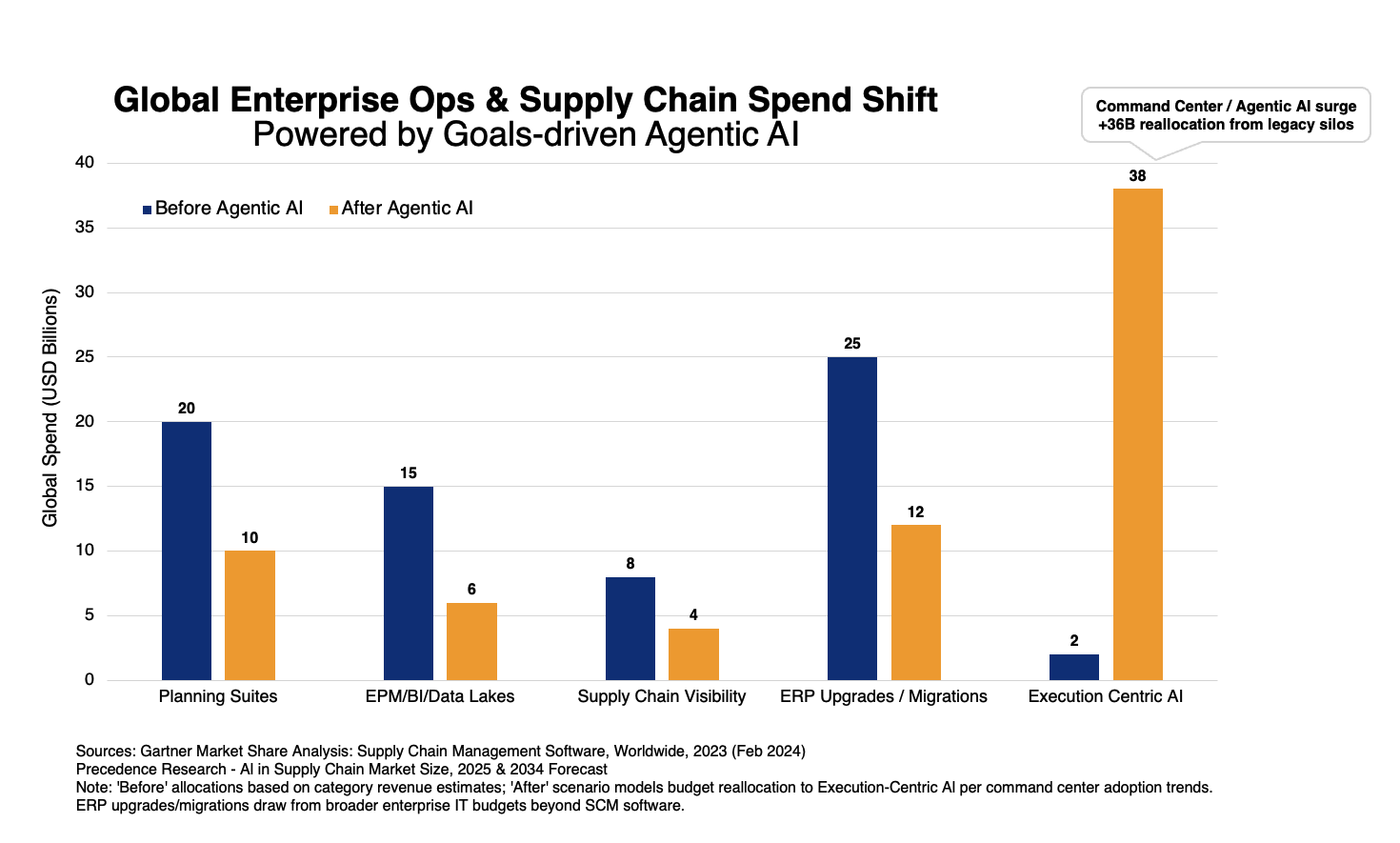Own Your Operations!
Supply chain disruptions are very much in the news. Industries have spent years fine-tuning their operations for peak efficiency, maintaining just-in-time inventory, deploying lean manufacturing methods, and digitizing the flow of information. Leading companies like Amazon, Tesla, and Costco have set ambitious benchmarks to which all others now aspire.
With each incremental improvement in supply chain efficiency, it seems to get more and more difficult to realize marginal improvements. Effective supply chain management has never just been about moving product faster; it’s about working smarter, not harder. Efficiency has come a long way over the past few decades, but we haven’t reached peak efficiency yet. There is undoubtedly still room for improvement.
This is especially true right now, as we go through this period of profound uncertainty and change. Disruptions in global supply chains have prompted many to reconsider the conventional wisdom behind effective operations. For most industries, the risk is a larger factor than it has ever been in recent memory. Risk is up. Agility matters more than ever.
The 3 Operational Success Pillars
The best supply chains of the 2020s are designed around three core pillars of operational success:
We call these the three operational success pillars, or “OSPs.”
The problem is that most businesses manage these three factors within silos. Automated decision-making frequently relies upon data from different systems. To make sound decisions based on a complete picture of the business, you must first unify and harmonize data from your various ERP and logistics systems. If that doesn’t happen in real-time, it can lead to delayed decisions, which in turn can result in missed opportunities.
Gathering data from back-office ERP systems may not appear to be a particularly time-consuming task, – but when it must be performed at scale, the time can add up very quickly. Balancing demand, supply, and inventory is virtually impossible without a smooth and automated flow of information to a unified system for operational decisions, – a single source of truth for the data-driven supply chain.
The Whack-A-Mole Effect in SCM
In supply chain management, delayed decisions can quickly develop into missed opportunities. Imagine a scenario in which a shipment of materials from overseas is delayed. If managers act quickly, they may have adequate time to explore alternatives such as expediting shipments from other suppliers, substituting with another product, or adjusting prices upward to optimize margins and shape customer demand.
Without that rapid response, though, the supply of the remaining product runs dry, the company leaves margin on the table, and customers are left feeling dissatisfied. When managers don’t have access to the right information quickly, supply chain management turns into a firefighting exercise. Problems pop up one after another, and operations personnel are stuck in a perpetual game of whack-a-mole, struggling to deal with each crisis before the next one emerges.
In this game of Supply Chain Management whack-a-mole, potential problems quickly become actual problems, accompanied by a cascading set of negative effects. On the other hand, when operations have early visibility into potential issues and can respond immediately, most of those problems can be kept at bay.
Addressing Supply Chain Challenges in 2022 and Beyond
Few people were surprised when businesses first began to experience supply chain disruptions arising from the COVID-19 pandemic. After all, everything was essentially turned upside-down when the crisis first arrived on the scene. Most people expected things to improve, yet as we go through 2022 those problems have become seemingly more exacerbated. Factory closures, labor shortages, shipping bottlenecks, and a host of other issues have combined to create a perfect storm of supply chain disruption.
For decades, SCM experts have focused almost single-mindedly on efficiency. To carry that efficiency forward into the remainder of the 2020s, operations must also be agile, – capable of responding to change quickly and effectively. That means putting an end to the perpetual game of catch-up and shifting to a smarter approach in which SCM managers fully own their operations and have the tools they need to gain complete control.
To own your operations, you need a single framework that offers a single, unified view of the truth to everyone in your organization, from executive management to functional leads, to the frontline specialists charged with optimizing pricing & promotions, supplier risk management, inventory planning, and more. When various functions are performed on siloed data sources and fragmented views of the business, it becomes very difficult to optimize operations holistically. Instead, there tends to be more of an emphasis on each functional aspect of operations, in isolation from the rest.
OpsVeda provides that unified view, bringing data together into a single platform that helps your company to optimize planning, inventory, fulfillment, and margins. Executive managers can monitor operational health anytime, anywhere with OpsVeda’s dashboards and analytics.
JUNI is OpsVeda’s contextual AI engine, trained on your company’s data to make recommendations that drive efficiency and foster agility in your operations. Custom rule-driven exceptions and alerts ensure that potential issues are identified and resolved before they materialize into real, material problems.
OpsVeda offers a platform that unifies operations data and informs stakeholders throughout the organization with powerful analytics and AI-driven recommendations. Armed with those tools, your company stands to gain agility, responsiveness, and efficiency. OpsVeda stands behind that; our current customers are achieving impressive ROI. They’re no longer playing whack-a-mole; with OpsVeda, they own their operations.
Let's have a discussion about how you can "Own Your Operations" today.







